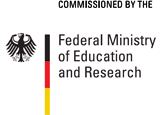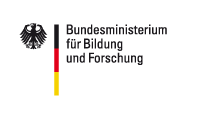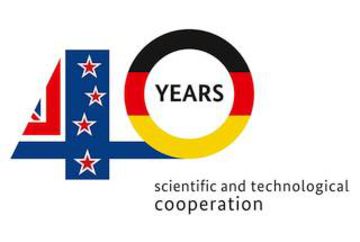Here Steinmeier was able to get an idea of the intensive and trusting cooperation. The exhibition is the culmination of a series of events celebrating the 40th anniversary of the signing of the Science and Technology Cooperation Agreement.
'Science is a global endeavour and to succeed, we must work collaboratively, both at home and internationally, to find solutions to the world’s most pressing challenges', said Dr Megan Woods, New Zealand's Minister for Science, Research and Innovation at the event in Wellington.
The jubilee year began with the visit of the research vessel 'Sun' in Auckland in January 2017, where some 1,600 interested New Zealand citizens and the New Zealand Research Minister were able to get an idea of the performance of the most modern German research vessel during an Open Ship Day.
Despite the great distance, science relations have intensified in the last 40 years since the signing of the agreement. The New Zealand Ministry estimates that 15% of scientists in New Zealand are actively working with German partners.
Previously, on 5 and 6 October 2017, representatives from the scientific community, representatives of ministries, funding and intermediary organisations, and other interested parties celebrated the 40 years of cooperation an event at the Uniclub in Bonn, Germany.
The event was opened with greetings from Mr. Volker Rieke, Head of the Department 'European and International Cooperation' of the Federal Ministry of Education and Research (BMBF), his Excellency, the New Zealand Ambassador in Germany, Rodney Harris, and Dr. Lothar Mennicken, head of the 'Cooperation with Asia and Oceania' unit of the BMBF.
Dr. Dave Lowe, the New Zealand co-ordinator for bilateral cooperation, then presented the New Zealand research landscape in a lecture and drew a balance on the cooperation of the last 40 years.
In the course of the afternoon, various persentations were held on successful large-scale bilateral cooperation projects between New Zealand and Germany:
- Dr. Gerhard Bartzke from the University of Bremen presented the international collaboration programme between the University of Bremen and the University of Waikato, New Zealand ( INTERCOAST), which was also presented in New Zealand during the visit of German Federal President Frank-Walter Steinmeier in November.
- Dr. Urs Schneider from the Fraunhofer Institute for Production Engineering and Automation IPA gave a lecture on the ICON project 'Bionic Joint' which the institute conducts together with the University of Auckland. The two institutes are jointly developing a new body-worn orthesis which enables mobility measurement and support.
- Dr. Charlotte Kleint, Jacobs University of Bremen presented the research journey SO253 of the German research vessel SONNE, which traveled to Auckland, New Zealand from 22 December 2016 to 21 January 2017 with 39 scientists, 30 crew members and a journalist from the New Caledonian capital Nouméa. The highlights of the expedition were recorded in an expedition blog.
- Dr. Kelly Wade, currently working at the Alexander von Humboldt Foundation (AvH) at the University of Ulm in the frame of a scholarship, reported about his work in the field of intervertebral disk research and his experiences in Germany.
- Prof. Dr. Knut Möller, University of Furtwangen, presented the research project 'BIKEM - Binational Institute for Knowledge Engineering in Medicine' funded by the BMBF. New Zealand partner institutions are the University of Auckland and the University of Canterbury in Christchurch.
All presentations will be made available on the website Kooperation International.
The first evening was wrapped up with a joint dinner and the opportunity for networking. The New Zealand Embassy provided a selection of New Zealand wines for this purpose.
On the second day of the event, a presentation of funding opportunities was held at a panel discussion with representatives of the BMBF, the BMEL, the DFG, the Fraunhofer Society and the University of Hanover, where a lively discussion focused on how and with which instruments future cooperation should be supported.










